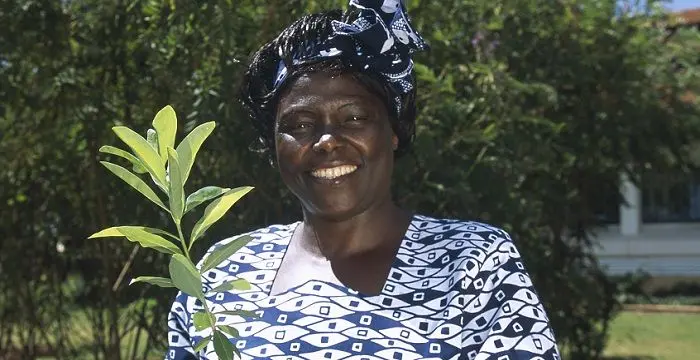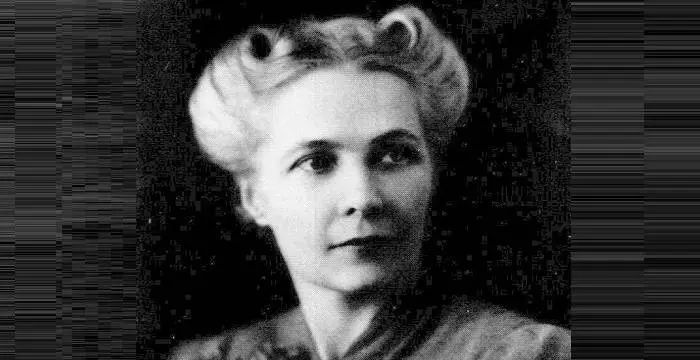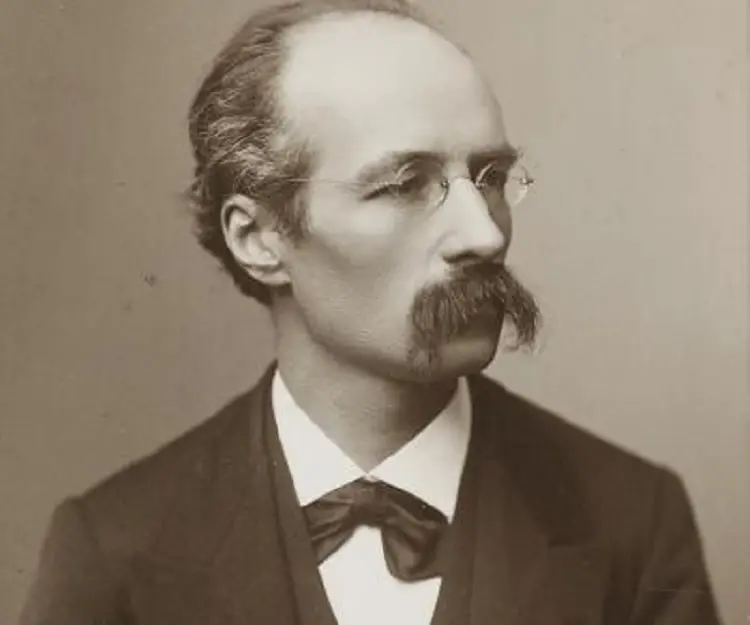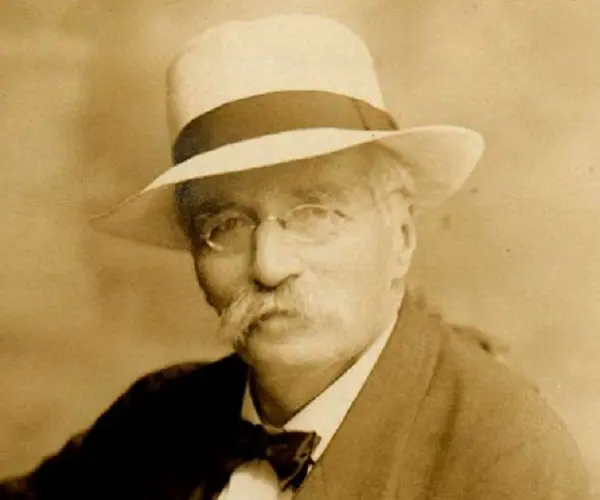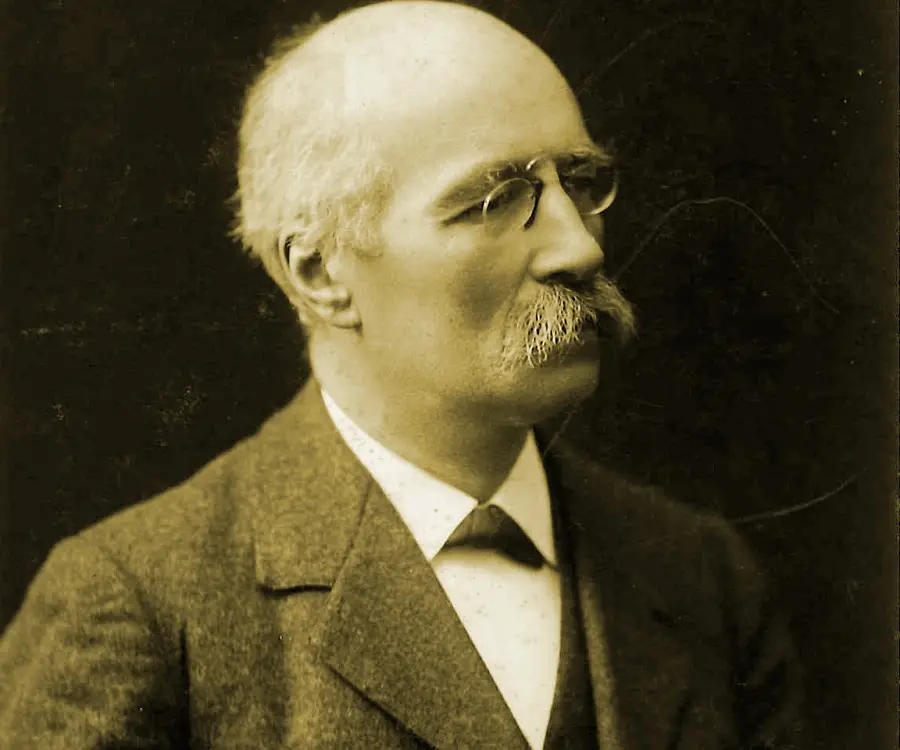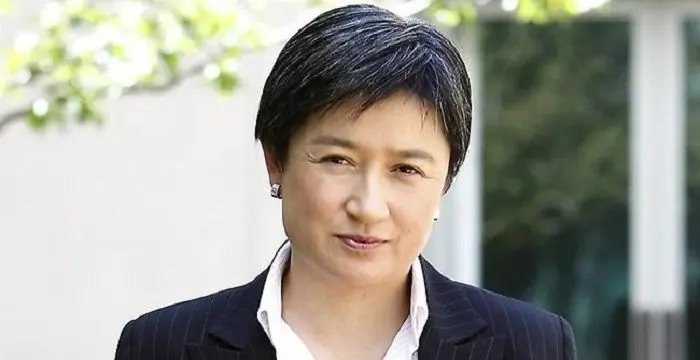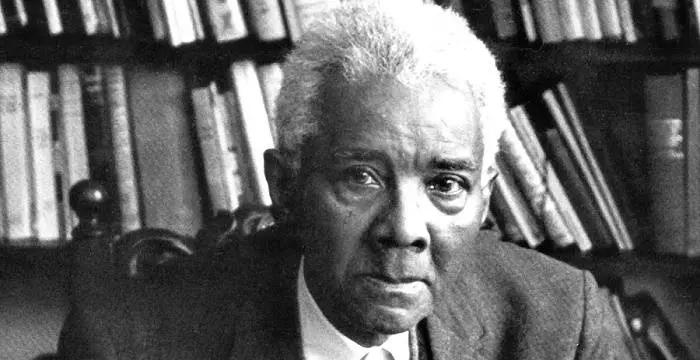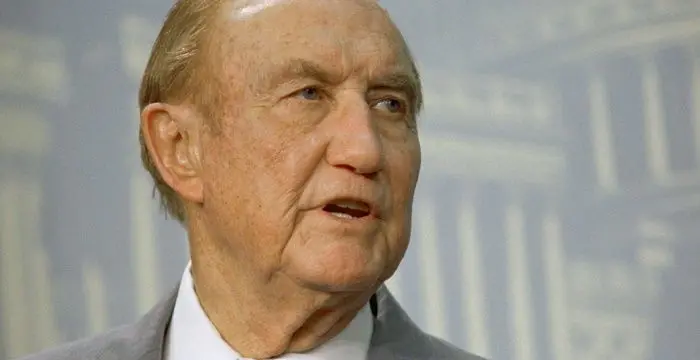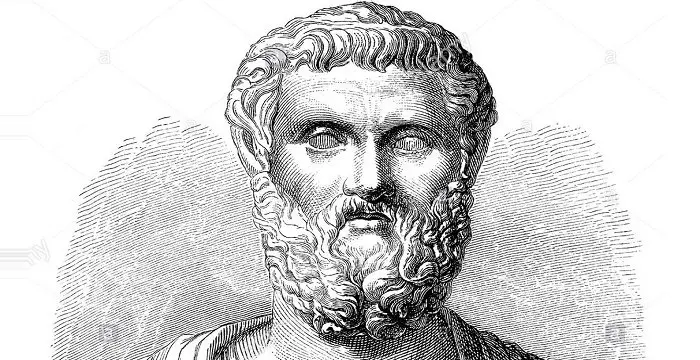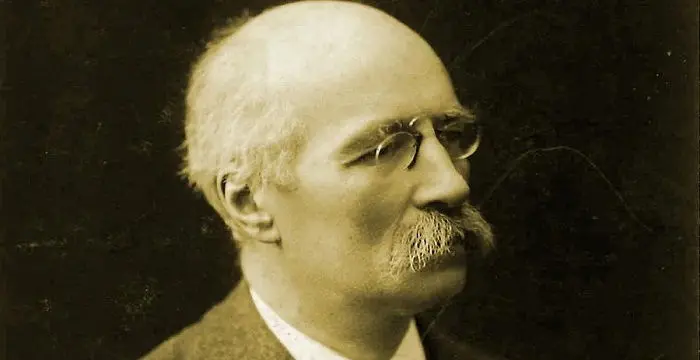
Henri La Fontaine - Nobel Peace Prize Winner, Facts and Childhood
Henri La Fontaine's Personal Details
Henri La Fontaine was a senator and Nobel Prize Winner in 1913
| Information | Detail |
|---|---|
| Birthday | April 22, 1854 |
| Died on | May 14, 1943 |
| Nationality | Belgian |
| Famous | Nobel Peace Prize, Leaders, Political Leaders, Nobel Peace Prize Winner, Senator, Socialist |
| Universities |
|
| Birth Place | Belgium |
| Gender | Male |
| Sun Sign | Taurus |
| Born in | Belgium |
| Famous as | Socialist, Senator, and Nobel Peace Prize Winner |
| Died at Age | 89 |
// Famous Nobel Peace Prize Winner
Wangari Maathai
Wangari Maathai was an environmentalist who won the prestigious Nobel Peace Prize Award. Go through this biography to explore details about her life, childhood, and timeline.
Randal Cremer
Sir William Randal Cremer was an English pacifist who was awarded the Nobel Peace Prize in 1903. This biography profiles his childhood, life, career, works, achievements and timeline.
Alva Myrdal
Alva Myrdal was a Swedish politician, diplomat and sociologist, best remembered as the winner of 1982 Nobel Prize for Peace. This biography of Alva Myrdal provides detailed information about her childhood, life, achievements, works & timeline.
Henri La Fontaine's photo
Who is Henri La Fontaine?
Henri La Fontaine was a bibliographer, professor of International law and senator in the Belgium legislature who received the Nobel Peace Prize in 1913. Elected to the Belgium senate as a socialist, Fontaine served in the Belgium senate for over thirty six years. He was the secretary of the senate for thirteen years and a vice-president for fourteen years. Before elected to the senate, Henri was one of the leading jurists of Belgium and served the Senate as its Vice Chairman from 1919 to 1932. Throughout his career, La Fontaine remained concerned with the issues such as labor, education and foreign affairs and his major contributions to these areas include a bill on primary education and labor reform. In addition to this, he was a leading spokesman for women’s right and introduced a bill on compulsory primary education for children, but he was noted, most of all, for his policies on internationalism.
// Famous Senator
Penny Wong
Penny Wong is a Malaysia born Australian politician. She is the current Leader of the Opposition in the Australian Senate. This biography of Penny Wong provides detailed information about her childhood, life, achievements, works & timeline
Biography detail
Early Life
La Fontaine was born on 22 April 1854 in Brussels. He was a student of law at the Free University of Brussels and upon completing his degree there; he registered as counsel with the Brussels Court of Appeal in 1877 at the age of 23. After receiving a doctorate in law from the Free University of Brussels, he devoted himself to the law practice and became one of the top jurists in Belgium thus beginning his journey to establishing peace in the world.
In his early political career, La Fontaine founded ‘La Justice’, a socialist paper. A socialist himself, La Fontaine was elected to the Belgian senate and represented Hainaut from 1895 to 1898, Liege from 1900 to 1932 and Brabant from 1935 to till 1936. He served as the secretary of the Senate from 1907 to 1919 and as vice president from 1919 to 1921, as second vice-president from 1921 to 1922 before eventually becoming the first vice president in 1923, which he served till 1932.
Political Activities
During La Fontaine’s initial political career issues like education, labor and foreign affairs remained his prime concerns. He introduced a bill to reform primary education and proposed a bill on mine inspection in 1897 and supported the adoption of eight-hour work in a day. His efforts in foreign affairs were marked by his constant demands for mediation between the combatants of the Boer War and approval of the treaty of obligatory arbitration with Italy in 1911. La Fontaine supported the League of Nations, an economic union with Luxembourg, Locarno pacts, and disarmament to eradicate the international disputes as his initial steps towards establishing world peace. La Fontaine was a member of the Belgian delegation to the Paris Peace Conference in 1919 and a delegate to the First Assembly of the League of Nations in 1920-1921 and this was the period when his support for total Internationalism became known to the world.
He joined the organized peace movement in early 1880’s, becoming the secretary-general of the Société Belge De L'arbitrage Et De La Paix in 1889. La Fontaine remained active participant in all of the peace congresses held in the next two decades. In 1907, he became the president of the International Peace Bureau, an organization he himself had founded and remained on the position until his death in 1943. No longer after being elected to a national legislature, Henri La Fontaine became a member of the Inter parliamentary Union, the organization, he viewed as an originator of a world government. Later in his life he became chairman of its Juridical Committee prior to World War I and a member of two of its important commissions.
Achievements
During 1894 to 1915, La Fontaine’s exceptional work related to Internationalism gained him respect and appreciation from across the world and The Manuel Des Lois De La Paix: Code De L'arbritrage (1894) was approved by the International Peace Congress held at Antwerp. The immense volume, Pasicrisie Internationale: Histoire Documentaire Des Arbitrages Internationaux, 1794-1900, which was published in 1902, is a reference book of 368 documents on arbitrages including agreements, rules of procedures and case decisions. As a skilled Bibliographer, La Fontaine edited the Bibliography De La Paix Et De L’arbitrage international which was published in 1904 and his another creation The Great Solution: Magnissima Charta, which contains a set of principles for organized international relations was published in 1916.
His interest in bibliography led him in initiating bibliography scheme and in 1895; he established the Institute International De Bibliography which became known as the House of Documentation. The House of Documentation was an informational retrieval scheme, where information on any published note in the world could be filed and retrieved. The House successfully operated for sometime and launched some reference work, especially bibliographies of social sciences and peace. La Fontaine founded the Union of International Association in Brussels in 1907 and was elected the secretary-general of the organization. The Union received the consultative status with the Economic and Social Council of the United Nations in 1951 and eventually with UNESCO in 1952, becoming the only organization in the world devoted to documentation, research and promotion of international organization.
Later Life and Death
La Fontaine was elected the chairman of the International Law in 1893 and served till 1940, first at the University of Nouvelle and then at the Institute des Hautes Etudes after the World War I. During his long tenure as chairman, he imparted knowledge on the international law and the evolution of the judicial structure of the world and offered lectures on different topics ranging from disarmament to the League of Nations and moral crises in the world.
As a leading spokesman of women’s rights, La Fontaine played a leading role in women liberalization and emancipation. He was elected secretary of a technical school for young woman in 1878 and for a short period he also served as president of the Association for the Professional Educational of Women. A dynamic personality and a man of wide ranging culture was he, throughout his life, La Fontaine wrote extensively about mountaineering, climbing and published a number of bibliographies. He served as president of the Club Alpin Belge and published essays on status of American women, and produced a number of poetry. Henri La Fontaine died a natural death in 1943 at the age of 89.
// Famous Socialist
C. L. R. James
C. L. R. James was an Afro-Trinidadian journalist, writer and a historian. Read this biography to know more about his life.
Henri La Fontaine's awards
| Year | Name | Award |
|---|---|---|
Other | ||
| 0 | Nobel Peace Prize | |
// Famous Political Leaders
Edi Rama
Edi Rama is the current Prime Minister of Albania. Check out this biography to know about his childhood, life, achievements, works & timeline.
Khalifa bin Zayed Al Nahyan
Sheikh Khalifa bin Zayed Al Nahyan is the current President of the United Arab Emirates (UAE). Check out this biography to know about his birthday, childhood, family life, achievements and fun facts about him.
Leo Varadkar
Cam Leo Varadkar is the current Taoiseach—the Prime Minister—of the Republic of Ireland. Check out this biography to know about his childhood, family life, achievements and other facts about his life.
Strom Thurmond
Strom Thurmond was an American politician, who represented the state of South Carolina in the United States senate for 48 years.
Solon
Solon was an Athenian lawmaker, poet and politician. He is considered as one of the ‘Seven Wise Men’ in Greek culture. This biography provides detailed information about his childhood, life, career, works, achievements and timeline.
Mohammed bin Salman
Mohammed bin Salman is the Crown Prince of Saudi Arabia and the heir apparent to the throne. Check out this biography to know about his childhood, family life, achievements and other facts about him.
Henri La Fontaine's FAQ
What is Henri La Fontaine birthday?
Henri La Fontaine was born at 1854-04-22
When was Henri La Fontaine died?
Henri La Fontaine was died at 1943-05-14
Where was Henri La Fontaine died?
Henri La Fontaine was died in Brussels
Which age was Henri La Fontaine died?
Henri La Fontaine was died at age 89
Where is Henri La Fontaine's birth place?
Henri La Fontaine was born in Belgium
What is Henri La Fontaine nationalities?
Henri La Fontaine's nationalities is Belgian
What was Henri La Fontaine universities?
Henri La Fontaine studied at Université Libre de Bruxelles
What is Henri La Fontaine's sun sign?
Henri La Fontaine is Taurus
How famous is Henri La Fontaine?
Henri La Fontaine is famouse as Socialist, Senator, and Nobel Peace Prize Winner
